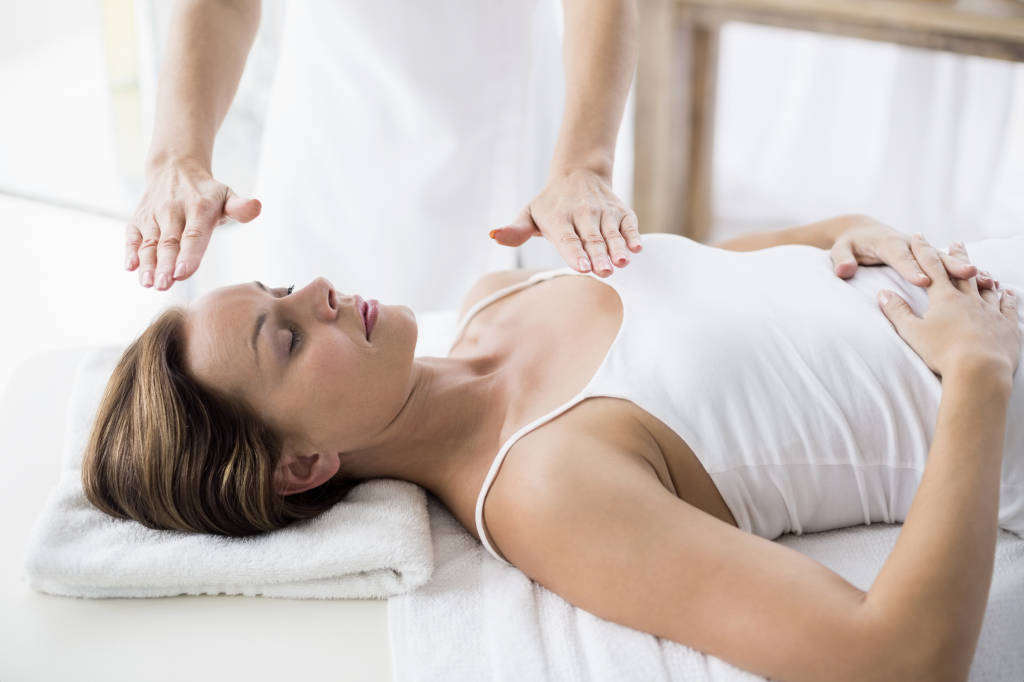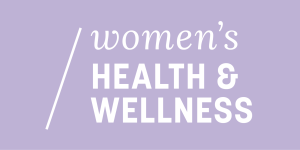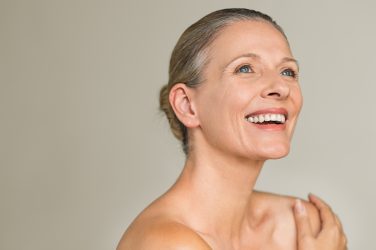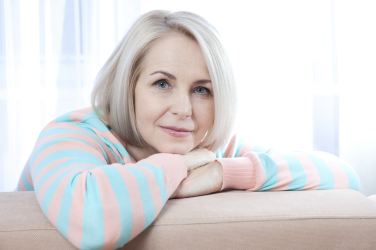
By Annette Brooks
Women are different than men when it comes to mental health, according to an American Psychological Association study. We tend to suffer more from depression and anxiety and internalize issues. Exacerbating this, our mental health conditions are made worse by stress, and as we all know, our world today is overloaded with stressors.
Fortunately, the stigma around mental health issues and seeking help is evaporating. Equally important, we’re learning more about the benefits of holistic mental health that addresses the mind, body, and spirit.
Elements of Holistic Mental Health
Whether you’re wrestling with a personal situation, life event, anxiety, depression, addiction, or simply trying to cope with the crazy world we live in today, holistic mental health offers tools to help you overcome obstacles and live your life to the fullest. Customized services include a variety of elements, such as talk therapy, nutrition, exercise, and self-care.
Talk Therapy – The first thing most of us think of when we look for a mental health professional is psychotherapy, such as cognitive behavioral therapy (CBT), which is used to treat a wide range of issues. The Mayo Clinic explains that CBT can be an effective tool — either alone or in combination with other therapies — in treating mental health disorders.
In addition, holistic mental health providers may offer non-pharmaceutical therapies, including but not limited to Eye Movement Desensitization and Reprocessing (EMDR) and IASIS, a passive neurofeedback treatment that helps address issues like depression and anxiety.
Nutrition – The mind-gut connection is real. The intestinal wall contains different serotonin receptors and most of the body’s serotonin — which plays a key role in several body functions, including mood — is synthesized and stored in the intestine. What you eat and how your body processes it affects your mental health. Understanding what foods and eating habits can exacerbate conditions such as depression, bipolar disorder, and anxiety and which ones can improve your mood.
Exercise – There’s more to physical fitness than how it affects your appearance. Your body releases chemicals called endorphins when you exercise that interact with the receptors in your brain. They reduce your perception of pain and trigger a positive feeling in the body. Studies indicate that regular exercise can positively boost mood and lower depression.
Self-care – Meditation, yoga, and massage therapy help center your mind, lower stress, decrease anxiety, and improve mood. Yoga can reduce stress hormones and increase endorphins. Meditation affects mental awareness and can help you manage triggers for unwanted impulses and negative emotions. Massage can lower stress, decrease anxiety, and
reduce irritability.
DID YOU KNOW?
- One in five women in the US has experienced a mental health condition in the past year, according to the United States Office of Women’s Health.
- Women are more likely than men to have mental health conditions made worse by stress, such as depression or anxiety.
- Two out of five people today are reporting symptoms of anxiety or depression (WhiteHouse.gov).










